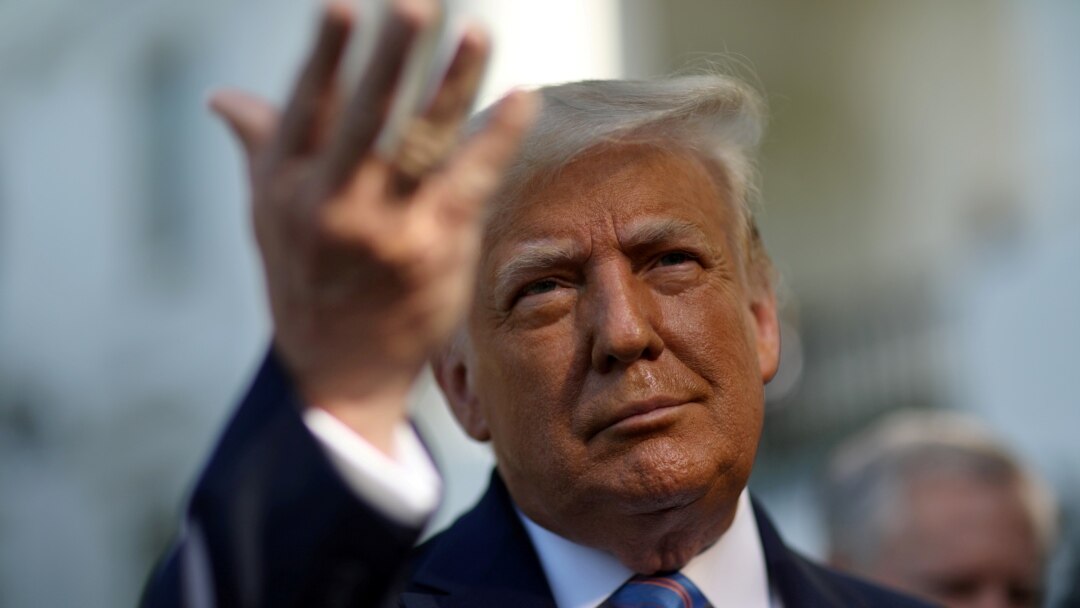Amid Controversy, Biden Administration Remains Silent on UN Vote Against Israel
By [Author Name]
Introduction
In a significant geopolitical development, the United Nations Security Council is set to vote on an anti-Israel resolution, reportedly championed by Algeria, that seeks to halt Israel’s military operations against Hamas. The impending vote has fueled discussions across various political spectrums, but notably, the Biden administration has yet to publicly declare its stance on the resolution.
The Irony of Algeria’s Stance
The irony of Algeria, which has consistently maintained an anti-Israel position, initiating this resolution is not lost on observers. The late Israeli Ambassador to the UN, Abba Eban, once remarked that if Algeria were to present a resolution claiming the Earth was flat and that Israel had flattened it, it would pass overwhelmingly with minimal opposition—a humorous yet pointed critique highlighting the perceived bias within the UN.
Outcry from U.S. Republicans
The proposed resolution has ignited outrage, particularly among Republican lawmakers in the United States. Senator Ted Cruz (R-Texas) voiced his concerns to Fox News Digital, framing the resolution as a political maneuver aimed at undermining the incoming Trump administration and a Republican-majority Congress. “This resolution is just one of several attacks on Israel being planned at the United Nations,” Cruz asserted. He indicated a collaborative effort among Republicans, including President Trump, to counter these actions aggressively.
Cruz further suggested drastic measures could be on the table, including reassessing America’s relationship with the UN and the Palestinians, conditional aid reduction, and sanctions against officials promoting such policies. This rhetoric underscores the high stakes surrounded by international diplomacy and its ripple effects on domestic politics.
Biden Administration’s Position: A Repeat of History?
Speculation arises that the Biden administration may mirror former President Obama’s actions during his final weeks in office, when the U.S. abstained from vetoing a similar resolution, allowing it to pass. In a recent address to the UN, U.S. Ambassador Linda Thomas-Greenfield spoke broadly about the administration’s objectives without directly addressing the draft resolution. She emphasized efforts to end the war in Gaza, ensure aid delivery to Palestinians, and affirm America’s commitment to Israel’s security.
Concerns Over Possible U.S. Compliance
Public unease continues regarding the Biden administration’s potential response to the resolution. Anne Bayefsky, president of Human Rights Voices, expressed her fears that officials may not oppose the draft. She claimed U.S. representatives had been involved in negotiating the details of the resolution, a process she contended was misleadingly framed as humanitarian but neglects underlying issues, including Iran’s influence, antisemitism, and Israel’s right to self-defense.
Israel’s Stance: Hostages Must Come First
Israeli Ambassador to the UN, Danny Danon, vehemently condemned the proposed resolution, highlighting that any call for a ceasefire needs to be linked to the release of Israeli hostages held by Hamas. “Any resolution that fails to condition a cease-fire on the release of the hostages will leave them trapped in the clutches of terrorists,” he declared. Danon’s comments reflect Israel’s unwavering commitment to national security, emphasizing the need to protect its citizens over international pressure for ceasefires that may undermine its position against terrorism.
Implications for the Region
The upcoming vote poses critical implications not only for Israel but also for the broader geopolitical landscape in the Middle East. As tensions continue to escalate, the Biden administration’s decision—whether to support, oppose, or abstain from the resolution—will resonate deeply across diplomatic circles and may influence the trajectory of U.S.-Middle East relations moving forward.
Conclusion
As the UN Security Council prepares for the vote, the silence surrounding the Biden administration’s intentions raises questions about the U.S.’s role in international diplomacy concerning Israel and Hamas. With bipartisan concerns echoing from Capitol Hill, the administration is likely weighing its options carefully, knowing that any decision will have repercussions that extend beyond the immediate context into future international relations.
